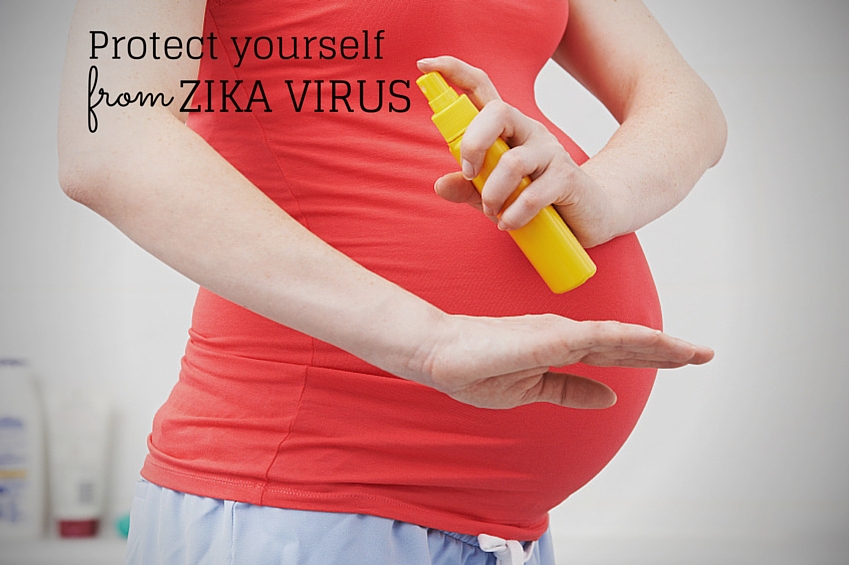The one downside to this warmer summer weather?
Mosquitoes that could transfer the Zika virus are going to begin populating the Tri-State soon.
What’s the problem, again?
Zika virus is considered an inconvenience for most healthy adults: fever, rash, joint pain, etc. However, it has also been linked to a serious birth defect, which has pregnant women around the world on high alert, and infections of the brain and spinal cord in some adults. Contrary to what health officials originally believed, Zika is not only transmittable by mosquito (though they certainly aggravate the problem). Out of the 346 confirmed cases of Zika in the continental United States, seven were sexually transmitted.
As quoted by USA Today, Dr. Anne Schuchat, the principal deputy director of the Centers for Disease Control and Prevention (CDC) said “Most of what we’ve learned is not reassuring. Everything we look at with this virus seems to be a bit scarier than we initially thought.”
In addition to microcephaly, the virus has been linked to other birth defects including premature birth and blindness, even death.
Great, so now what?
According to The Atlantic, we could still avoid a widespread outbreak this summer IF local agencies act fast to eradicate mosquito populations. President Obama, along with the National Institute of Allergy and Infectious Diseases, has requested $1.9 billion from Congress for research. In addition to these efforts, individuals can protect themselves with the ol’ standbys: mosquito repellent, long sleeves and pants, and screened-in porches and windows.
The Atlantic provides the following guidelines for safe bug sprays below. As long as repellents are used as directed, they should be safe for pregnant women and children.
The “recommendations from the [CDC say] it’s safe for women at any stage of pregnancy (and nursing moms) to use insect repellents containing DEET (up to 30 percent concentration), the synthetic compound picaridin (20 percent), or the biopesticide IR3535 (20 percent) – as long as they’re registered with the Environmental Protection Agency. (You can check the EPA database here.) Shirts and pants treated with the insect-repellent permethrin are also considered safe.”
The CDC guidelines do have one caveat: Repellents containing lemon eucalyptus oil (or PMD, which is the synthetic version of the oil) shouldn’t be used on children under 3 years old.

